11 Best Natural Remedies for Allergies
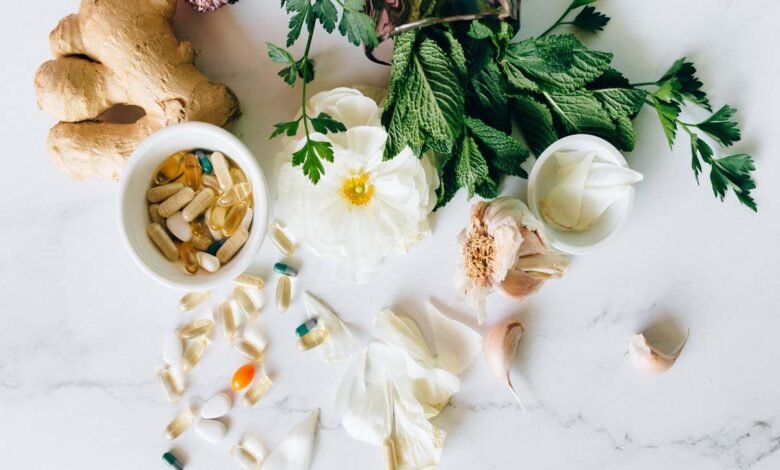
 Allergies are a common problem that affects millions of people worldwide. They occur when your immune system reacts to a foreign substance, such as pollen, pet dander, or food. The symptoms of allergies can range from mild to severe, and they can affect your respiratory system, skin, eyes, or digestive system. Fortunately, many natural remedies can help alleviate the symptoms of allergies without needing medication. In this article, we’ll explore the 11 best natural remedies for allergies.
Allergies are a common problem that affects millions of people worldwide. They occur when your immune system reacts to a foreign substance, such as pollen, pet dander, or food. The symptoms of allergies can range from mild to severe, and they can affect your respiratory system, skin, eyes, or digestive system. Fortunately, many natural remedies can help alleviate the symptoms of allergies without needing medication. In this article, we’ll explore the 11 best natural remedies for allergies.
Introduction
Allergies are a growing concern for many people, and they can cause a great deal of discomfort. The symptoms of allergies can range from sneezing, runny nose, and itchy eyes to more severe reactions like anaphylaxis. While there are many medications available to treat allergies, many people prefer to use natural remedies to avoid the potential side effects of medication. In this article, we’ll explore 11 of the best natural remedies for allergies that can help alleviate symptoms without the need for medication.
Read More: Strategies to Boost Immunity & Avoid Serious Allergies
Understanding Allergies
Before we dive into natural remedies, it’s essential to understand what causes allergies and how they affect your body. Allergies occur when your immune system overreacts to a foreign substance, such as pollen, pet dander, or food. Your immune system produces antibodies that trigger the release of histamine, which leads to allergy symptoms. Symptoms can vary depending on the type of allergy and can affect different parts of your body, including your respiratory system, skin, eyes, or digestive system.
Natural Remedies for Allergies
While there is no cure for allergies, natural remedies can help alleviate symptoms and provide relief. Here are the 11 best natural remedies for allergies.
Local Honey
Local honey is a popular natural remedy for allergies, particularly seasonal allergies. The idea behind using honey is that it contains small amounts of pollen from local plants. Consuming small amounts of local pollen through honey can help your body build up immunity to pollen and reduce allergy symptoms. It’s essential to note that not all types of honey are effective, and the honey must be raw and unfiltered to be beneficial.
Quercetin
Quercetin is a flavonoid that has anti-inflammatory and antihistamine properties. It’s found naturally in many foods, including onions, apples, and berries. Taking quercetin supplements can help reduce allergy symptoms, particularly in people with seasonal allergies. It’s best to take quercetin supplements before allergy season starts to prevent symptoms from occurring.
Vitamin C
Vitamin C is a powerful antioxidant that can help reduce inflammation in the body and boost the immune system. It’s also been shown to have antihistamine properties, which can be helpful for people with allergies. Vitamin C-rich foods include oranges, grapefruits, strawberries, kiwi, red peppers, broccoli, and kale. It’s important to note that taking high doses of vitamin C supplements may cause stomach upset or diarrhea, so it’s best to get your vitamin C from whole foods whenever possible.
Probiotics
Probiotics are beneficial bacteria that live in your gut and help maintain a healthy digestive system. Studies have shown that taking probiotic supplements can help reduce allergy symptoms by improving gut health and reducing inflammation in the body. Probiotics can be found in fermented foods like yogurt, kefir, and kimchi, or you can take a probiotic supplement.
Nettle Leaf
Nettle Leaf is a natural antihistamine that can help reduce allergy symptoms. It contains compounds that block the production of histamine in the body, which can reduce symptoms like sneezing, runny nose, and itchy eyes. Nettle leaf can be taken as a supplement or made into tea.
Butterbur
Butterbur is a plant that has been used for centuries as a natural remedy for various ailments, including allergies. Butterbur contains compounds that have antihistamine and anti-inflammatory properties, which can help alleviate allergy symptoms. However, it’s important to note that butterbur may cause side effects such as upset stomach, drowsiness, and allergic reactions in some people. It’s also important to only use butterbur products that are labeled “PA-free,” as some types of butterbur can contain compounds that may damage the liver. It’s best to speak with a healthcare provider before using butterbur or any other natural remedies for allergies.
Essential Oils
Essential oils like peppermint, eucalyptus, and lavender can help alleviate allergy symptoms. Peppermint oil can help clear nasal passages, while eucalyptus oil can help reduce inflammation in the respiratory system. Lavender oil can help reduce stress and promote relaxation, which can also alleviate allergy symptoms.
Saline Nasal Rinse
Saline nasal rinses can be a helpful natural remedy for allergies, especially for those experiencing nasal congestion or sinus pressure. The rinse works by flushing out the nasal passages and removing allergens and irritants that may be causing symptoms. You can purchase saline nasal rinse kits at most drugstores or make your own at home using distilled water and salt. It’s important to follow the instructions carefully and use only sterile materials to avoid infections.
Acupuncture
Acupuncture is a traditional Chinese medicine technique that involves inserting thin needles into specific points on the body. It’s believed that acupuncture can help alleviate allergy symptoms by reducing inflammation in the body and improving immune function. While more research is needed to fully understand the effects of acupuncture on allergies, some studies have shown promising results. It’s important to only receive acupuncture from a licensed and trained practitioner to ensure safety and effectiveness. Acupuncture is generally considered safe when performed by a qualified practitioner.
Exercise
Exercise is an effective natural remedy for allergies. Regular physical activity can help boost your immune system and reduce inflammation in the body, which can alleviate allergy symptoms. However, it’s important to exercise indoors or during low-pollen times to avoid worsening symptoms. Some types of exercise may be more effective for reducing allergy symptoms than others. For example, low-impact exercises like walking, yoga, and cycling can be beneficial for people likely to cause stress on the body and aggravate symptoms.
Reduce Stress
Reducing stress can also be an effective natural remedy for allergies. Stress can weaken the immune system and make allergy symptoms worse. Practices like yoga, meditation, deep breathing exercises, and regular exercise can all help reduce stress levels. Additionally, getting enough sleep and practicing good sleep hygiene can also help reduce stress and improve overall health. Finding ways to manage and reduce stress can not only alleviate allergy symptoms but also improve overall well-being.
Read More:10 Reasons For Itchy Red Patches On The Skin
Conclusion
Allergies can be a significant source of discomfort for many people, but natural remedies can help alleviate symptoms without needing medication. Local honey, quercetin, vitamin C, probiotics, nettle leaf, butterbur, essential oils, saline nasal rinse, acupuncture, exercise, and reducing stress are all effective natural remedies for allergies. However, it’s essential to speak with your doctor before trying any new remedy, especially if you’re pregnant or taking medication.
FAQs
Can natural remedies cure allergies?
No, natural remedies cannot cure allergies, but they can help alleviate symptoms.
Can I take natural remedies with medication?
It’s essential to speak with your doctor before taking any natural remedy, especially if you’re taking medication.
Are there any side effects of natural remedies for allergies?
Some natural remedies can have side effects, and you must speak with your doctor before trying any new remedy.
How long does it take for natural remedies to work?
The effectiveness of natural remedies can vary, and it may take some time to see results.
Can exercise make allergy symptoms worse?
Exercising outdoors during peak pollen season can worsen allergy symptoms, but regular exercise can help reduce symptoms.

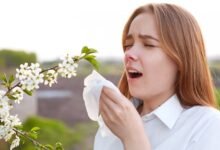
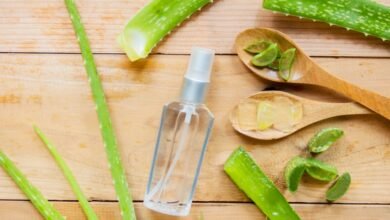

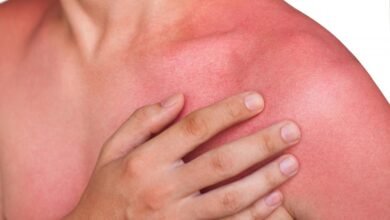
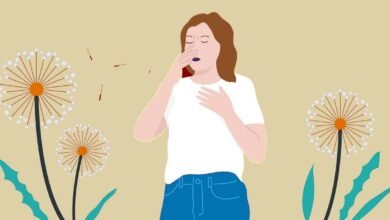

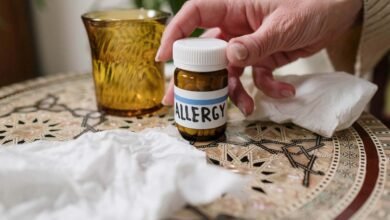
One Comment